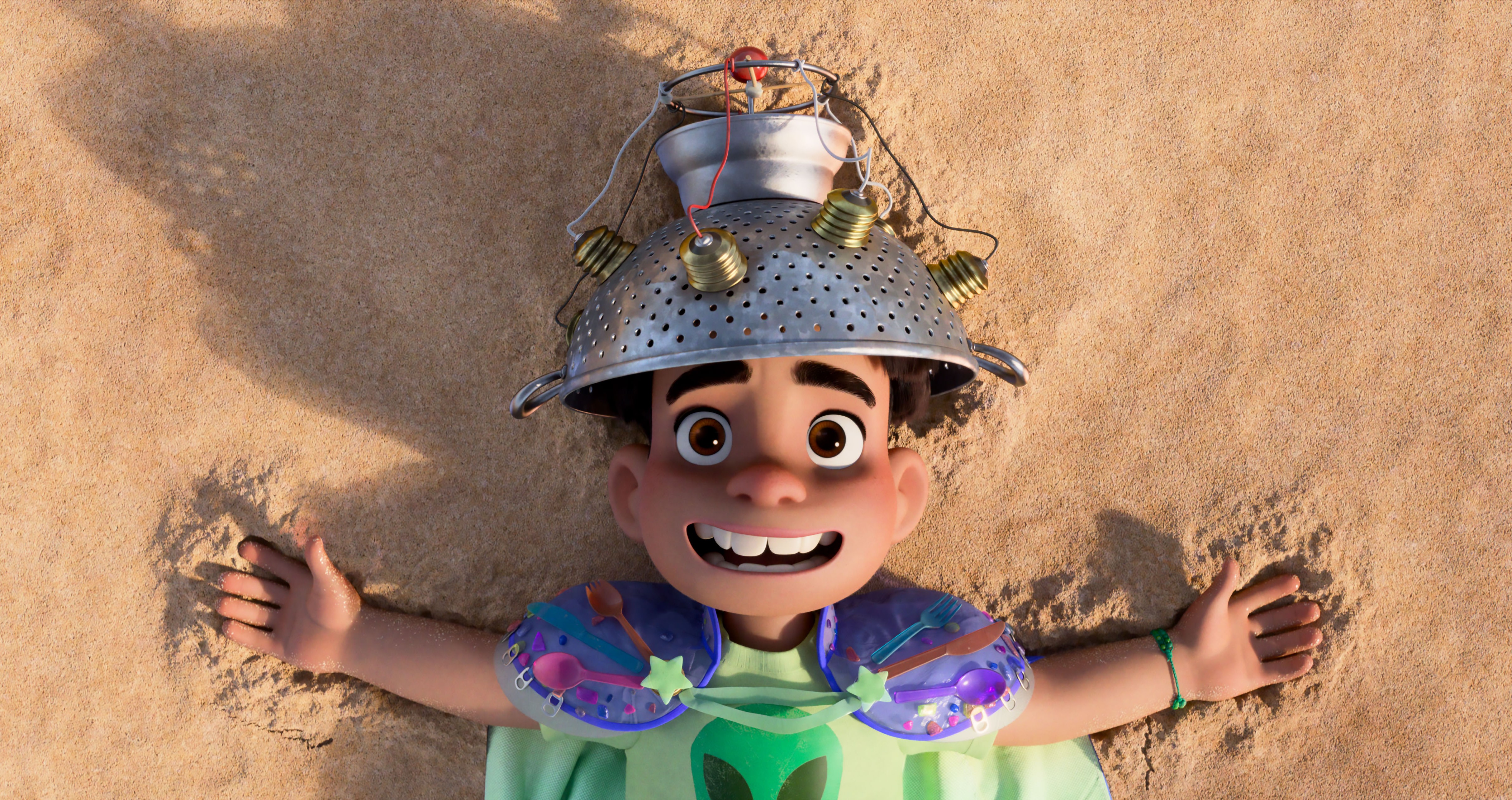The new Pixar movie Elio maintains the animation studio’s house style. It has elements of buddy comedy, with an 11-year-old human boy befriending a sweet-natured alien; it deals with complicated coming-of-age emotions reminiscent of later-period Pixar movies like Coco, Turning Red, and Luca; it whisks audiences away to a whimsically animated and eye-pleasing new world, in this case a vast spaceship where denizens of far-flung planets keep representatives to govern the galaxy in peace. It is, by and large, quite charming, and beautiful to look at.
It also feels, at times, disjointed and distracted, perhaps due to reported mid-production tinkering. But this kind of tinkering and reworking has been part of the Pixar process more or less from the jump. So why are Elio’s flaws, like some other recent Pixar projects, so much easier to see?
Welcome, belatedly, to the studio’s Human Era, where weaknesses are laid bare in a way that may have been previously disguised.
 reconfigured to be unspoken, like it would be with a metaphor. The directness, it seems, was too much for the perceived audience. (Strangely, the subplot about a middle-aged man on dating apps was not considered too mature for young viewers.) In the context of the show’s overall honesty, it felt like a cowardly hedge.
reconfigured to be unspoken, like it would be with a metaphor. The directness, it seems, was too much for the perceived audience. (Strangely, the subplot about a middle-aged man on dating apps was not considered too mature for young viewers.) In the context of the show’s overall honesty, it felt like a cowardly hedge.
 Polygon.
Polygon.




